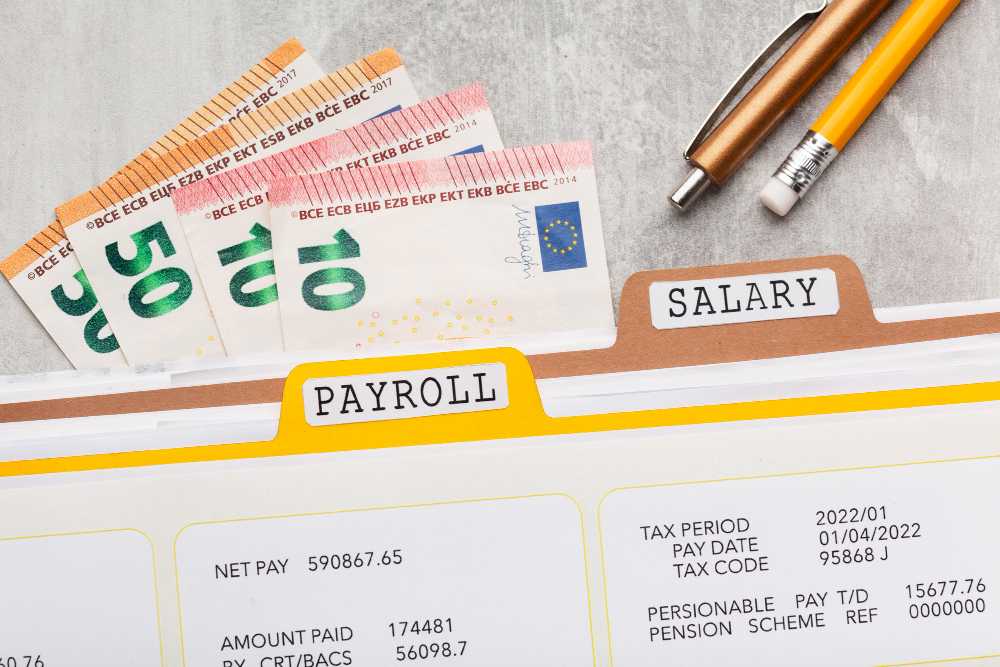
When running a business, one of the most important tasks is to ensure your employees are compensated correctly and on time. Many people use the terms “payroll” and “salary” as if they mean the same thing, but they actually have distinct purposes. Knowing these important differences can help you manage your team better and keep your company's finances healthy.
What Is Payroll?
Payroll refers to the whole process of paying your workforce. It includes calculating wages, taxes, and other deductions, then issuing the correct payment to your employees. Payroll also involves maintaining records, such as pay stubs and tax forms. This process can become complex as your company grows, which is why many businesses seek help from accountants or bookkeeping professionals. Properly managed payroll ensures you meet tax requirements and reduces the contingency of legal or financial issues.
What Is Salary?
Salary is a fixed, decided amount of money paid to an employee over a set period of time, usually per year. It is then divided into pay periods, which could be weekly, bi-weekly, or monthly. Salaried employees often have a consistent paycheck, regardless of the number of hours they work in a week. This arrangement can be helpful for roles that demand flexibility or do not require strict hourly tracking.
Key Differences
The main difference between payroll and salary is that payroll is a process, while salary is a form of payment. Payroll includes everything involved in calculating and delivering employee compensation. It also handles taxes, insurance, benefits, and compliance. Salary is simply one way of compensating an employee, in contrast to an hourly wage. If you pay someone by the hour, that is still part of your payroll process, but not considered a salary.
Why Do These Differences Matter?
Understanding payroll versus salary is vital when structuring your workforce. Some roles are better suited for a salary, while others might be more effective as hourly positions. You should also be aware of overtime rules and how they apply to each type of pay. Proper classification can protect your business from disputes and penalties. Since payroll involves taxes and benefits, it is often best to work with a qualified bookkeeper or accountant to keep everything running smoothly.
In the end, payroll and salary serve different but equally important roles in your business. Payroll is the entire process of compensating employees, covering everything from calculating taxes to issuing checks. Salary is a fixed payment arrangement that can provide stability for certain roles. By understanding the difference, you can make informed decisions about how to pay your employees and keep your business compliant. For more complex questions, a trusted accountant or bookkeeper like us can help you navigate regulations, ensure accuracy, and let you focus on what you do best, growing your business.